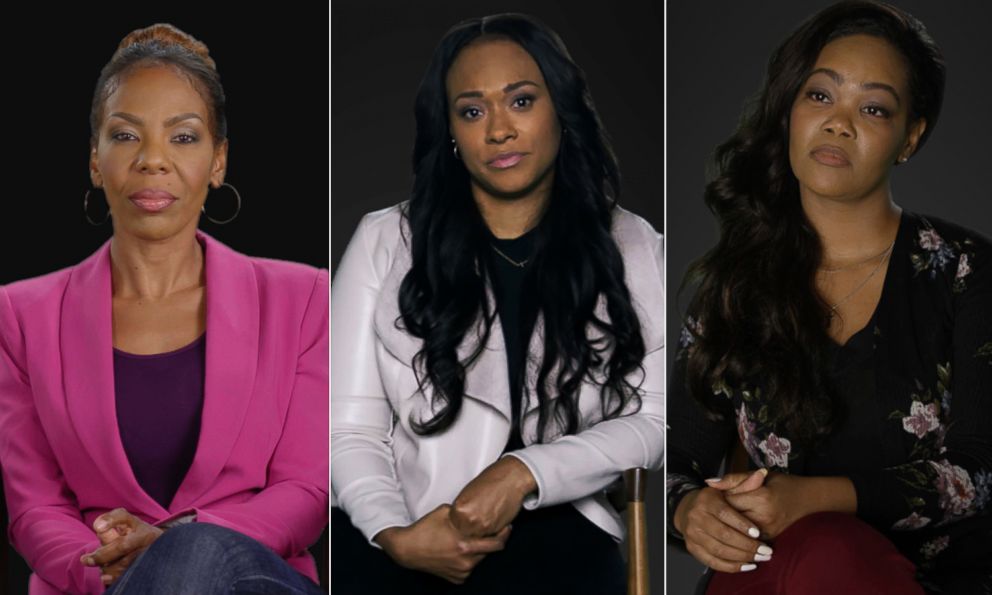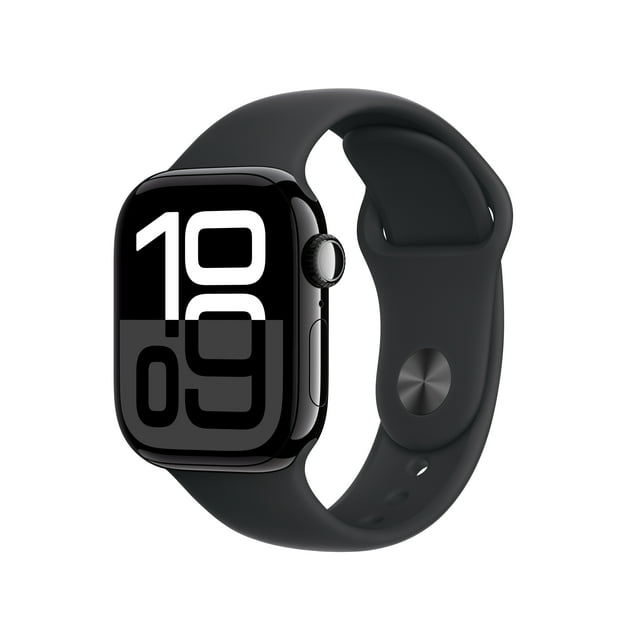'Surviving R. Kelly' documentary linked to increased calls to National Sexual Assault Hotline
The impact of Lifetime's new documentary series "Surviving R. Kelly" is extending off the screen.
Watching the disturbing material is apparently leading survivors of sexual violence to seek help.
The harrowing six-part special, which aired last week and features over 50 interviews, spotlights the singer's alleged sexual, physical and emotional abuse of young women.Several women, including former employees and girlfriends of the singer and his ex-wife, Andrea Kelly, accuse Kelly of sexual misconduct, including raping underage women and controlling and manipulating them for decades.
R. Kelly has long denied claims of sexual misconduct and has not been charged in any of the allegations against him.
"I felt like a prisoner. I started to believe I was nothing without Rob,” Jerhonda Pace said during the documentary about her relationship with Kelly.
During the three days the documentary aired, RAINN, the Rape, Abuse & Incest National Network, saw a 20 percent increase from the previous week in people reaching out to the National Sexual Assault Hotline for help, a representative told ABC News.

"Hearing about sexual violence on the news or television shows can be difficult for survivors," RAINN's vice president of communications, Jodi Omear, said in a statement.
"We often see an increase in the number of people reaching out to the National Sexual Assault Hotline for help during high profile stories. It's important that all survivors and their loved ones know they can turn to the hotline anytime," the statement concluded.
A similar increase in hotline activity took place during the testimony of Christine Blasey Ford against Supreme Court nominee Brett Kavanaugh in September 2018.
RAINN estimated that during the hearing, the hotline saw a 147 percent increase above normal volume.
The organization tweeted out several messages while the series on the R. Kelly allegations aired, offering the support line to abuse survivors.
A number of organizations for abuse survivors also posted information about the National Sexual Assault Hotline while "Surviving R. Kelly" aired. Time's Up reposted the hotline's phone number, adding, "Reach out for help if you need it."
Tarana Burke, who founded the #MeToo movement, reminded viewers how difficult it can be to publicly open up about such a sensitive topic.
"It took a LOT to come forward and tell these stories and now that they have they are out there and have to deal with folks sitting in judgement of their lives," she wrote on Twitter.
"The series is hard to watch and can be triggering so all the people involved wanted to make sure that they provided as much support to viewers as possible," a #MeToo communications team member told ABC News in a statement.
The #MeToo movement, which was founded in 2006, shared tips on social media for women who have dealt with sexual violence and abuse in watching the docuseries.
"Have a plan for support," another tip posted to the social networking platform reads. "Don’t watch alone and try to watch with folks who support your healing and who are affirming in your life. If you have family or friends who victim blame or dismiss your feelings - don’t watch with them."
The Twitter account also reminded men and women to "know that you are not alone," noting how important it is to be aware of the resources and communities available.
"There will be thousands of us - survivors of all types watching and silently supporting each other. You are not in this by yourself and there will be folks tweeting and talking about it all over social media. Find a positive forum to join," the account suggested.
The #MeToo account encouraged survivors to contribute to the thread with their own tips about watching the docuseries.
Last week, Kelly’s attorney, Brian Nix, told Billboard that the documentary contained false allegations and that some of its subjects are defaming Kelly for personal gain.





